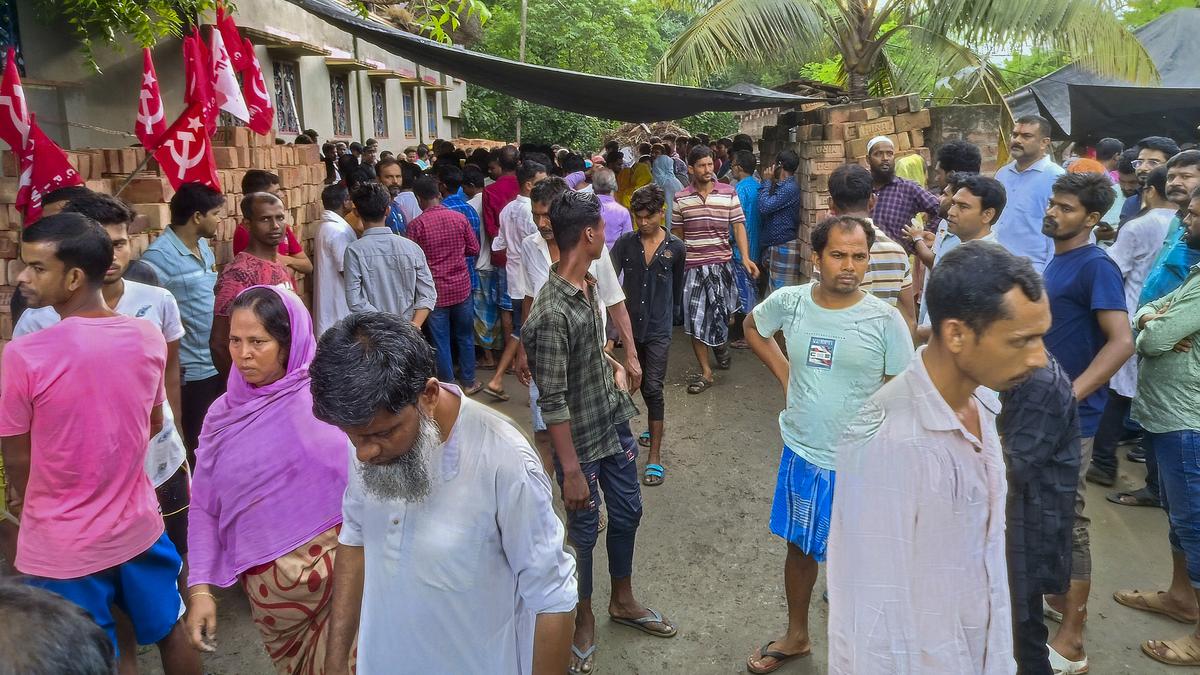
Stills from ‘Bhool Chuk Maaf’
| Photo Credit: Maddock Films
Bhool Chuk Maaf, the recently released Hindi time-loop romantic comedy starring Rajkummar Rao and Wamiqa Gabbi, has collected ₹28.71 crore in its first three days of release. Produced by Maddock Films, the film is written and directed by Karan Sharma.
According to the makers, the film collected ₹7.20 crore on Friday, ₹9.81 crore on Saturday, and ₹11.70 crore on Sunday. The film is expected to cross the ₹30 crore-mark today, Monday, May 26.

There’s been a lot of expectation on the film’s performance at the box office since its theatrical run will be cut short soon. The makers had announced that the film will make its way to Prime Video on June 6, just two weeks after its theatrical release.
For the unversed, earlier this month, Maddock Films’ Dinesh Vijan had announced that the film, then set to release on May 9, will skip its theatrical release and premiere on Prime Video on May 16 due to the events and the heightened security drills across the nation following Operation Sindoor.
However, the multiplex chain PVRINOX moved court challenging the producers’ decision, citing breach of agreement. After the Bombay High Court halted the release, PVRINOX Limited (PVRINOX), Maddock Films Pvt. Ltd. (Maddock), and Amazon MGM Studios reached an understanding, including the call to release the film just two weeks after its theatrical release.
Described as a hilarious yet touching journey of “love, destiny, and second chances,” the film follows Ranjan (Rajkummar), a hopeless romantic who lands a government job to win his love, Titli (Wamiqa). But right before the wedding, he realises he is stuck in a time loop, repeatedly waking up on the day of his Haldi ceremony.
The Hindu’s review of Bhool Chuk Maaf called the film “a sharp social commentary disguised as a frothy comedy.”
“A rollicking social commentary laced with a layer of magic realism, Bhool Chuk Maaf makes a sharp comment on the growing schism in society where goodness and compassion are often measured on a scale of religious identity, where the goal corrupts our action even when the Bhagavad Gita is invoked on a daily basis,” reads the review.
Published – May 26, 2025 02:19 pm IST



